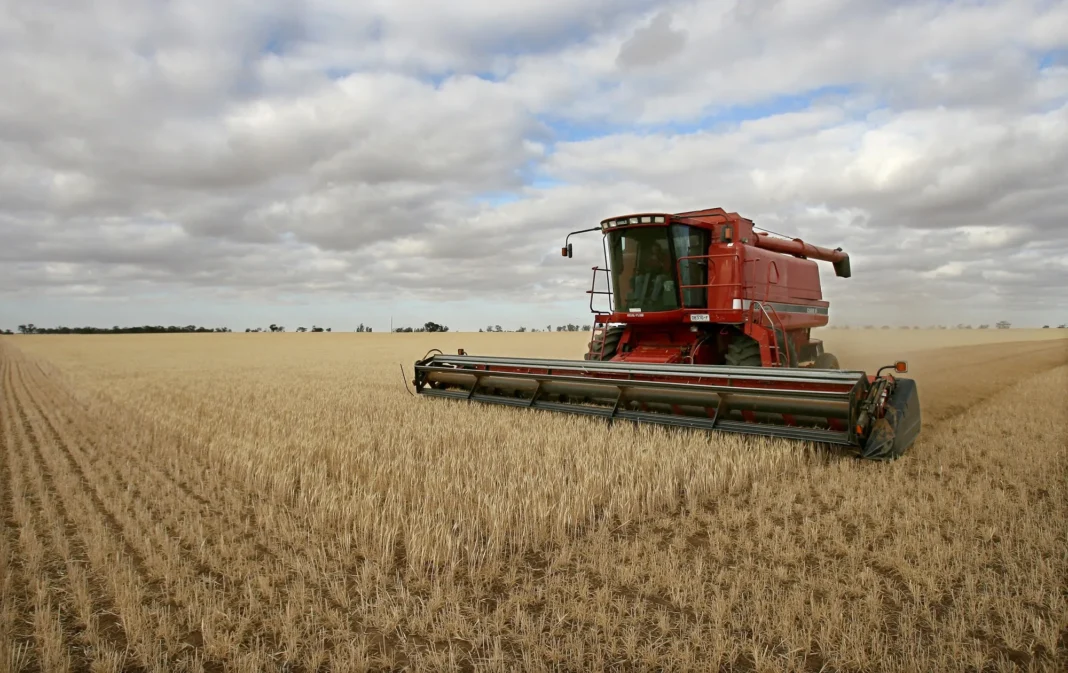Iraq wheat reserves secure for the next two years, according to new data from the Ministry of Trade. Officials confirmed that over 5 million tons of wheat were marketed this season. This level of production ensures Iraq remains self-sufficient in wheat through 2027.
Haider al-Karawi, head of Iraq’s General Company for Grain Trade, explained the numbers in detail. He reported that the 2025 season produced 5.11 million tons of wheat. While this is a slight decrease from the 6.3 million tons in 2024, it still supports national self-sufficiency.
Additionally, Iraq had produced 5.19 million tons in 2023. These consistent outputs show the country’s effort to maintain stable food supplies despite environmental threats.
However, challenges remain. The Ministry of Agriculture confirmed last month that rainfall levels dropped sharply in 2025. As a result, wheat yields have suffered, and the situation could worsen without further action.
Mahdi al-Jubouri, the deputy agricultural minister, acknowledged this decline. He noted that although the current year’s output is slightly above 2024, water shortages remain Iraq’s biggest threat.
Iraq wheat reserves secure thanks to strong government policy. Minister of Agriculture Abbas Al-Maliki credited ongoing support programs for this success. These efforts include modern irrigation systems, quality seeds, and steady distribution of fertilizers and supplies.
Nevertheless, the broader situation is worrying. The United Nations has ranked Iraq as the fifth most vulnerable country to climate change. Meanwhile, dam construction in Turkey and Iran continues to reduce river flows into Iraq.
The absence of official water-sharing agreements worsens Iraq’s water crisis. In addition, drought conditions and desertification have severely impacted local agriculture. This has, at times, forced the country to rely on wheat imports to meet demand.
Despite this, Iraq wheat reserves secure status highlights resilience. With the right support and regional cooperation, Iraq can continue to meet domestic wheat needs, protect farmers’ livelihoods, and ensure long-term food security.



